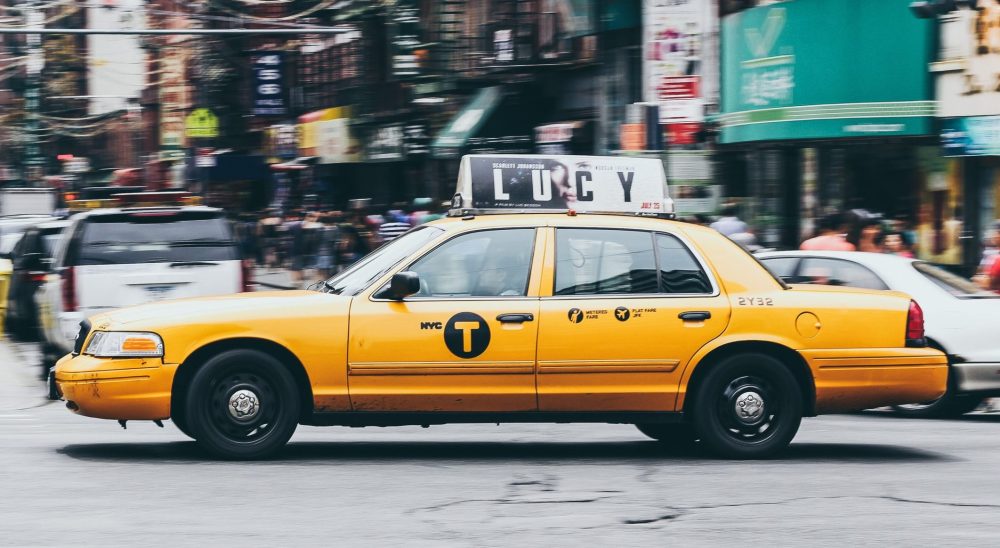okey-panky
Picking through the Ruins of your Dying Neighborhood
“The Good Hours,” a short story by Desiree Cooper

Picking through the Ruins of your Dying Neighborhood
I had for my winter evening walk —
No one at all with whom to talk
— Robert Frost
It’s nine p.m. and the night stretches before me like a glacier. Despite the fact that it’s started to snow again, I pull on my fleece for an evening walk. These days, I walk until the cold slows my heart and I can sleep without nightmares. Sometimes I have to walk two or three times before dawn to stay in front of the dread.
There is a plague upon our house. It’s making the thin wallpaper curl, the tongue-and-groove floors moan. We have lost our grasp on tomorrow. We pretend to still have jobs as we come and go, waving at the neighbors. But we all know that this infection will spread. At least once a week during my walks, I see a new sign: “Bank Owned,” or “Auction.” Overnight, a white document appears on a neighbor’s front door. The opposite of lamb’s blood — a sign that God will not protect them.
I’ve learned to detect the early signs. The yard service is the first to go. Grass invades the cracks in the driveway. Leaves mound like fresh graves. After a night of snow, sidewalks go unshoveled. Windows shutter. Porch lights shine all day long.
Tonight, I say vespers for the Babcocks and Lindsays. In six months, a year, there will be no survivors left on our block. I wonder if this is how it feels during epidemics. Each house under quarantine, neighbors peering from behind curtains, hiding signs of financial ruin. People vanishing without a good-bye.
In October, Theresa Madding had an estate sale. I went for the same reason we go to wakes: to check out the condition of the body. The Madding house was in surprisingly good repair. Their downfall must have been swift; there would be no trouble finding a buyer for a short sale. As I scoured Theresa’s possessions, I was grateful that most of the people streaming in on that dreary autumn morning were not from the neighborhood. It’s against the unspoken code for us to circle the pyre of our neighbors’ belongings.
On Theresa’s dining room table among three different sets of dishes (how much china does one family really need?) sat the most exquisite tureen. Williamsburg blue, delicate white flowers laced with gold. Even then, I knew we probably were going to lose our home and the tureen would not survive our journey into the unknown. But in the moment, it felt like an inoculation of hope — a talisman to keep the infection from spreading to us.
I snatched it up quickly and darted to the checkout. And that’s when I ran into Theresa. It’s a horrible slap, to be caught paying pennies for your neighbors’ belongings.
“Hello,” I mumbled, angry at her for attending her own funeral.
“My tureen!” she gushed. “We used that so many times during the holidays. You’re going to love it.” She emitted the strange glee of someone who has lost everything.
“Thank you,” I said. I should have said more.
Once I got the tureen in the car, I started crying and couldn’t stop. We never used it. When our real estate agent came to size up our house, she noticed the tureen in the china cabinet. I made her take it home.
Tonight, the air stings. The snow creaks beneath my feet, profane. No dogs bark curiously. Hardly any doors bear holiday wreaths. This year, there have been no parties to spill their light onto the stark drifts. Where is the sound of the children next door practicing carols on their violins?
The cold gnaws at my toes. My lips feel useless. I want to cry but the frigid air has dried my eyes. This is somehow my fault. I should have saved more money. I should have left town a long time ago. I should have majored in something else. I should have married better, or had one fewer child.
Beneath a dim streetlight, I turn and repent. All the windows are blackened this winter’s eve. The good hours have gone.








